Making the Most of a Pre-Interview School Visit: A Guide for Prospective Headteachers
The Importance of a Pre-Interview School Visit
As a prospective headteacher, you are likely aware of the critical role that school visits play in the selection process. A pre-interview visit to a school is not merely a formality; it’s an invaluable opportunity to glean insights about the school’s ethos, culture, operations, challenges and strategic focus. It’s also a chance to assess your alignment with the school’s vision and your ability to lead and manage effectively within its unique context.
This article is part of our series of school recruitment, it provides a set of pertinent questions to ask during a pre-interview school visit. These questions are designed to facilitate a deeper understanding of the school while also showcasing your initiative, analytical acumen, and interest in the role.
A pre-interview school visit allows you to experience the school first-hand, beyond the confines of an interview room. It’s an opportunity to:
- Observe the school’s operations and culture in their day-to-day context
- Gauge key challenges and opportunities more accurately
- Assess if your leadership style and strategic vision align with the school’s needs
- Begin building rapport with staff, students, parents and other stakeholders
- Experience cycles of planning, action, and review within the school setting
- Ensure a strong personal and professional fit within the school community
- Pick up on the vibe of the school
By asking insightful questions during the school visit, you can reduce uncertainty and risk for both yourself and the school – making the hiring process more efficient and effective for all parties involved.
Key Questions to Ask During a Pre-Interview School Visit
During your school visit, consider asking the following questions to gather the insights you need, the person who shows you round is very likely to feed back on their thoughts about you. I also liked this this video from the old Teacher’s TV series which follows a headteacher candidate on his journey.
1. What are the key priorities/focus areas for the school over the next 3-5 years?
This question will help you understand the school’s strategic direction and whether it aligns with your skills and areas of interest. The response can also provide insight into potential areas of change or improvement that may be part of your remit as headteacher.
2. What is the current culture/climate like in the school?
Understanding the school’s culture is critical to assessing your fit within the community. This question can help you to identify potential areas for cultural enhancement or transformation.
A school’s culture is more difficult to get a handle on than its strategy. As Peter Drucker said, “Culture eats strategy for breakfast.” What he meant was that having a strong, empowering culture within an organisation is actually more important for success than any specific plans or strategies. A positive school culture where employees feel supported and engaged will help ensure strategies are successfully implemented. The only way to really gauge that is a school visit, even then you will be getting a curated guide so keep your eyes and ears open.

3. Can you describe the student population and surrounding community?
Knowledge of the student demographic and wider community is fundamental to strategic planning. Understanding the socio-economic, cultural, and linguistic makeup of the area can guide your approach to curriculum development, community engagement, and staff training.
4. What is the management structure, and who are the key contacts?
Understanding how decisions are made and who holds influence is crucial for effective leadership. This question can also provide insight into the administrative support structures in place for the headteacher role. So ask to see the office areas as well.
5. What are the biggest challenges currently facing the school?
This question provides insight into potential issues that you will need to address as headteacher. The answer can guide your assessment of the resources and skills required to meet these challenges.
6. How is performance assessed, and what metrics are used?
As a headteacher, you will be accountable for the school’s performance. Understanding the measures and processes used to assess performance is important for setting realistic goals and benchmarks. You can ask about the appraisal process for staff. If this isn’t in place it is a big and essential task if you get the job.
7. What is the budget situation, and are there facility/resource constraints?
Knowledge of the school’s fiscal realities is crucial for strategic planning. This question can help you gauge the resources available for curriculum delivery, staff development, and facility upgrades. There may be significant resources required for standing commitments like running a pool, satellite provisions etc.
Making the Most of Your Visit
Remember, a pre-interview school visit is more than just an opportunity to ask questions. It’s also a chance to observe and listen. Pay attention to the interactions between staff and students, the physical condition of the school, and the general atmosphere.
Use the visit to start building relationships with potential colleagues, even if it’s just a quick introduction or brief chat. Be open, approachable, and genuinely interested in what they have to say.
Finally, consider taking notes during the visit, jotting down observations and reflections as well as the responses to your questions. These notes can be invaluable when preparing for the formal interview and when assessing whether the school is the right fit for you.
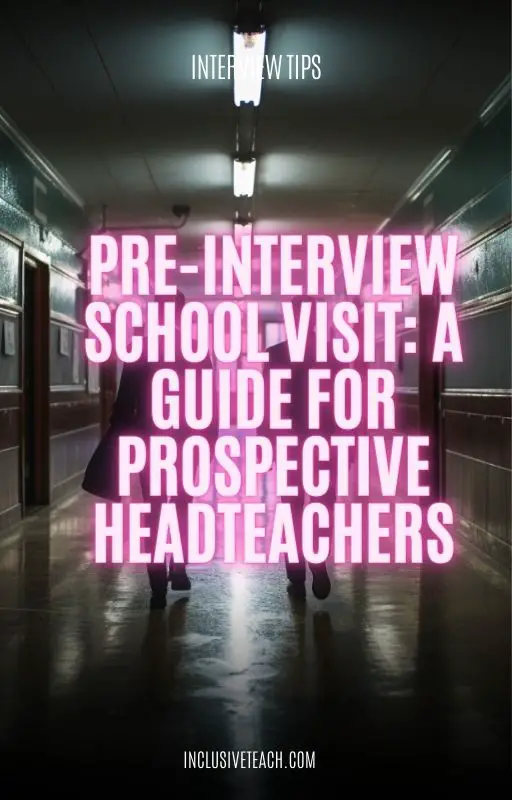
Pre-Interview Visits: Conclusion
A pre-interview school visit is a crucial step in the headteacher selection process, offering a unique perspective on the school’s operations, culture, and strategic direction. By asking meaningful and insightful questions, you can demonstrate your interest in the role, assess your alignment with the school’s needs, and gather the information needed to make an informed decision about your potential future as a school leader. As you navigate this process, remember that your fit within the school community is just as important as your leadership skills and experience.


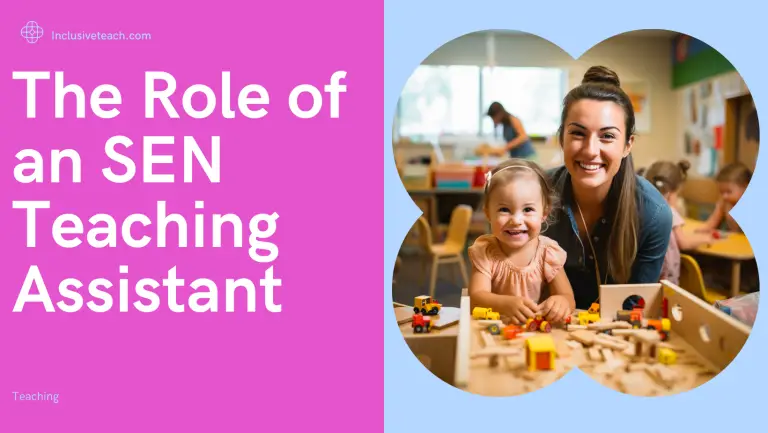
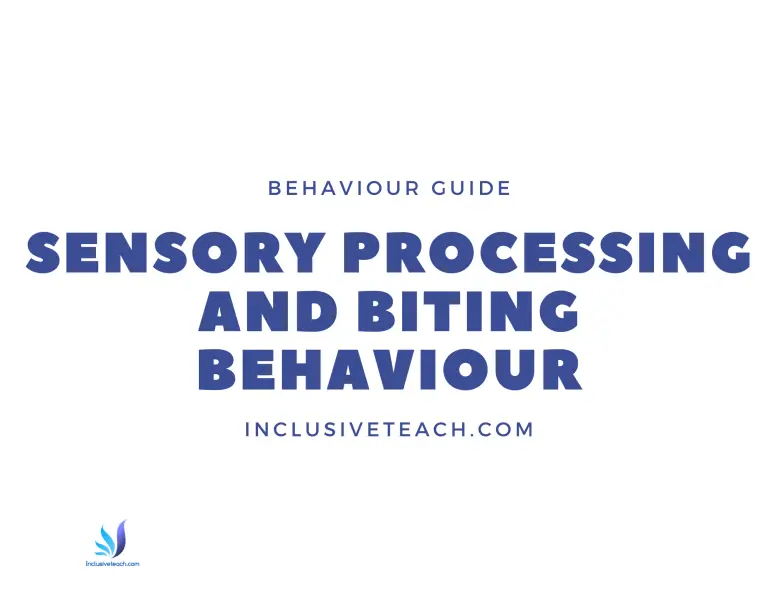
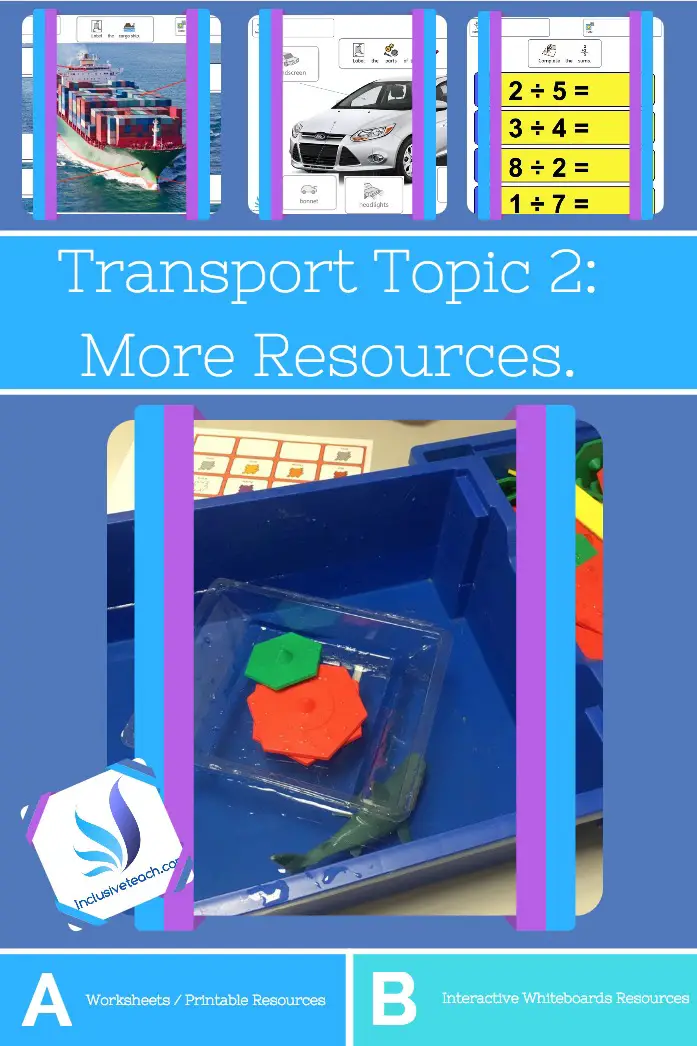

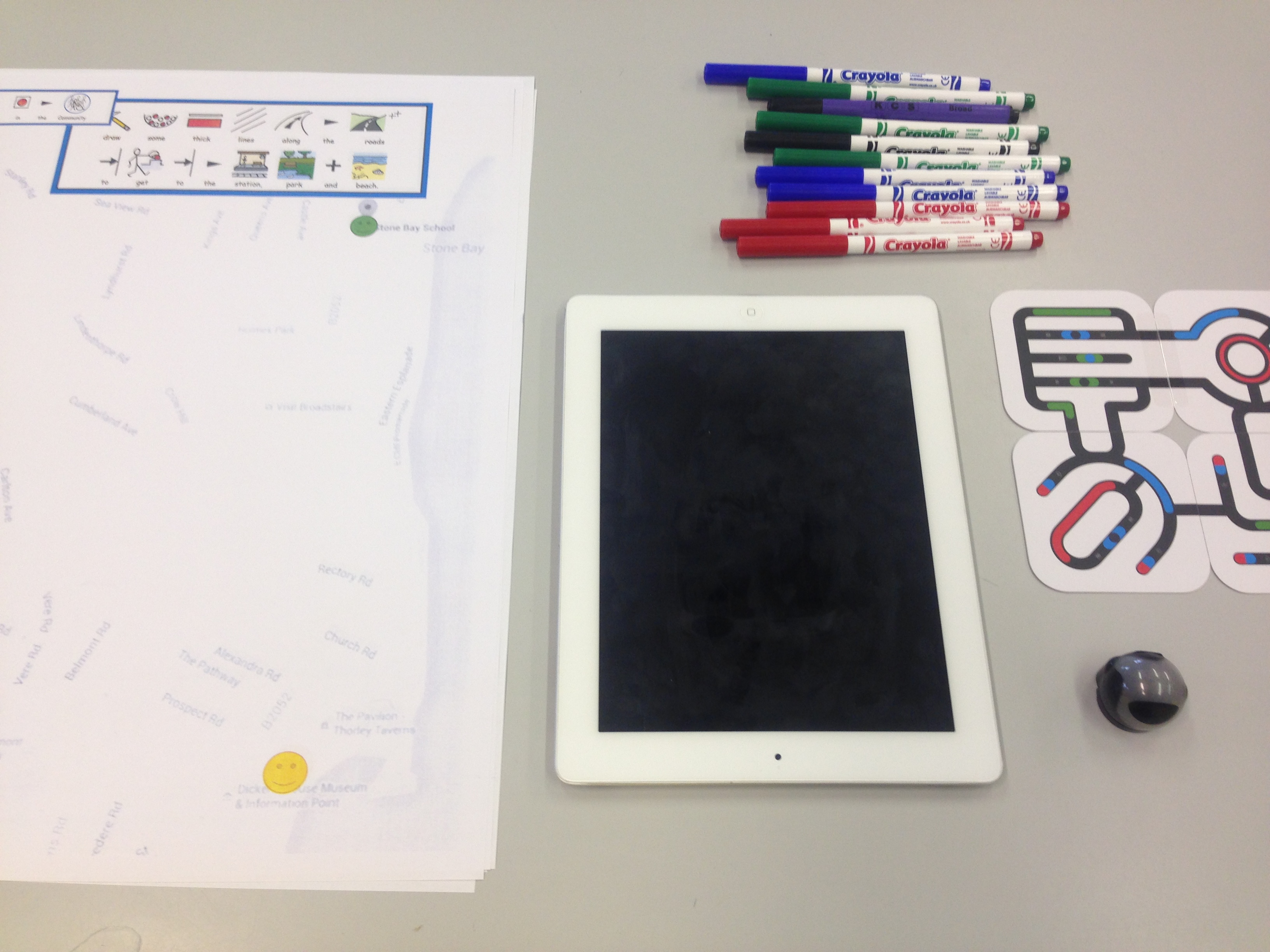
One Comment